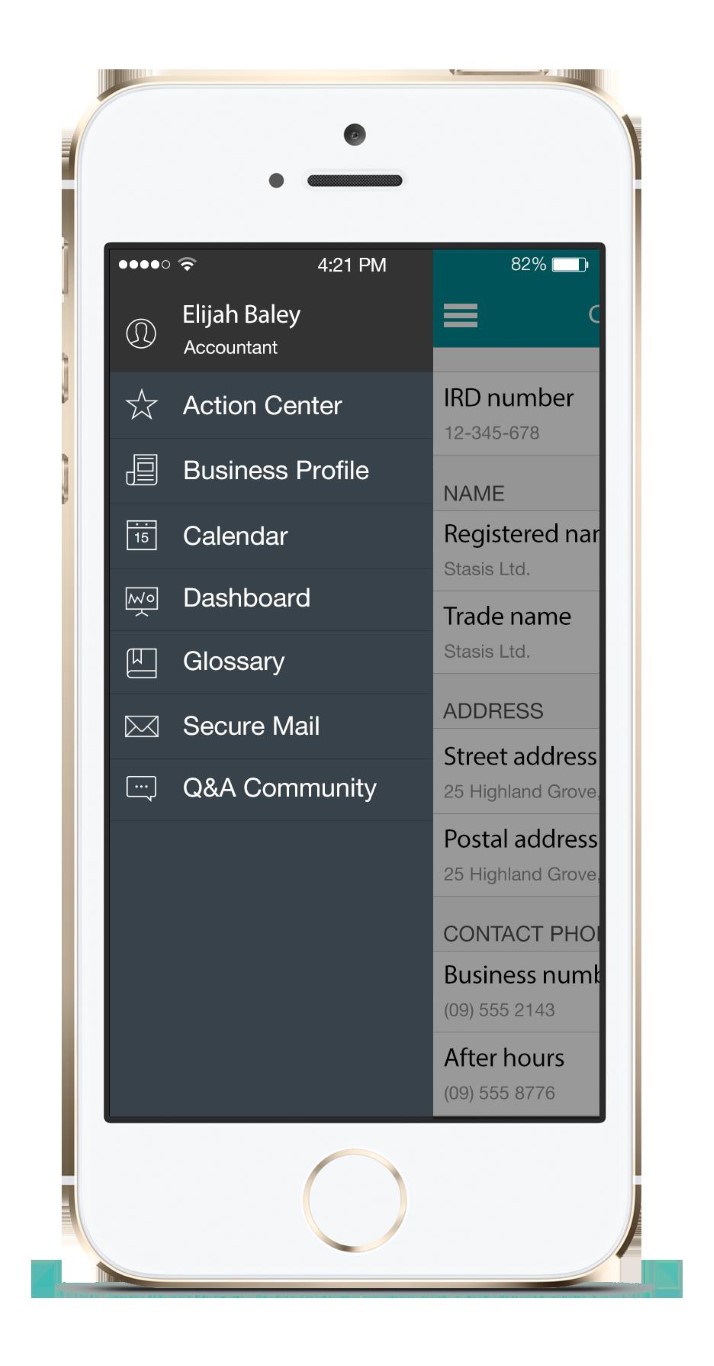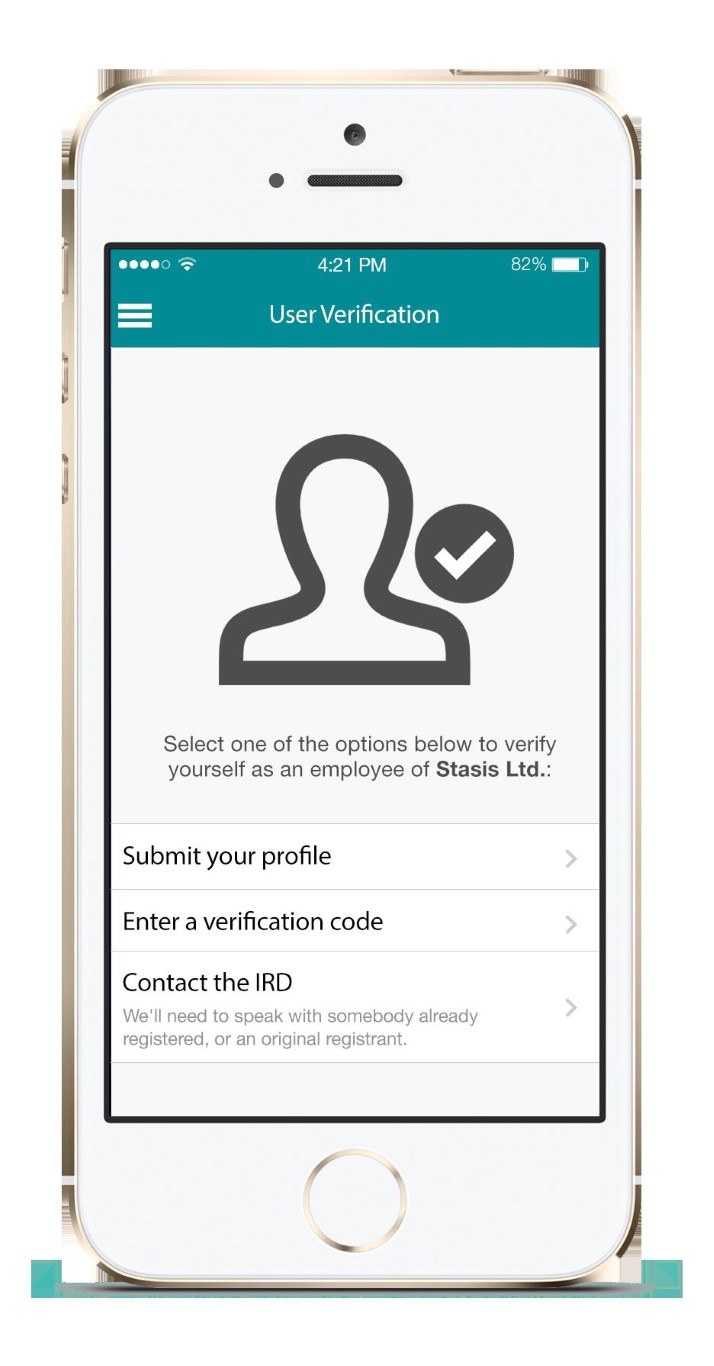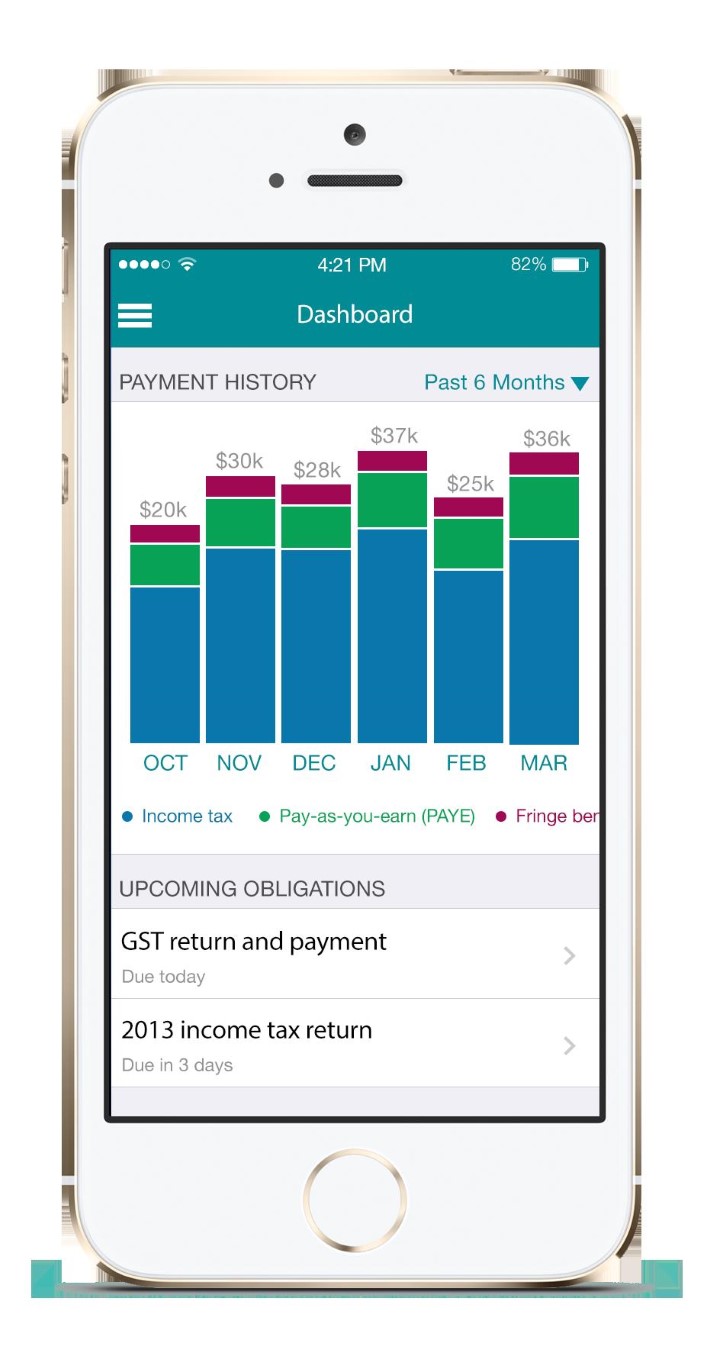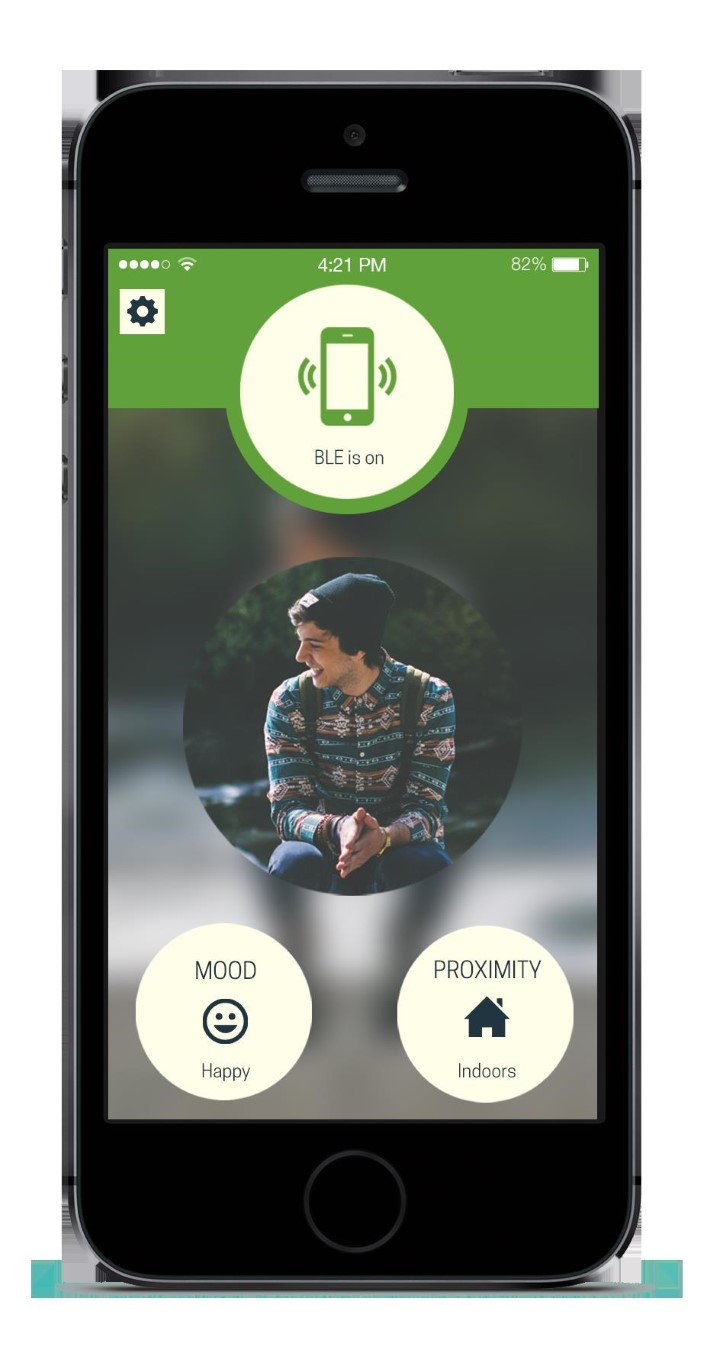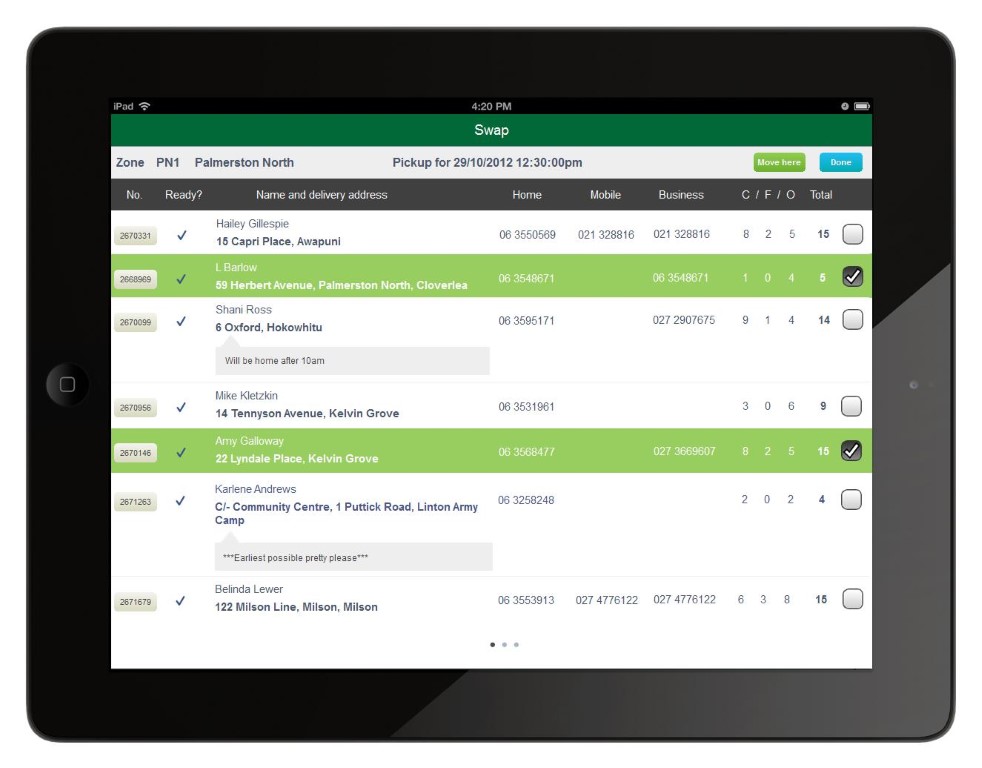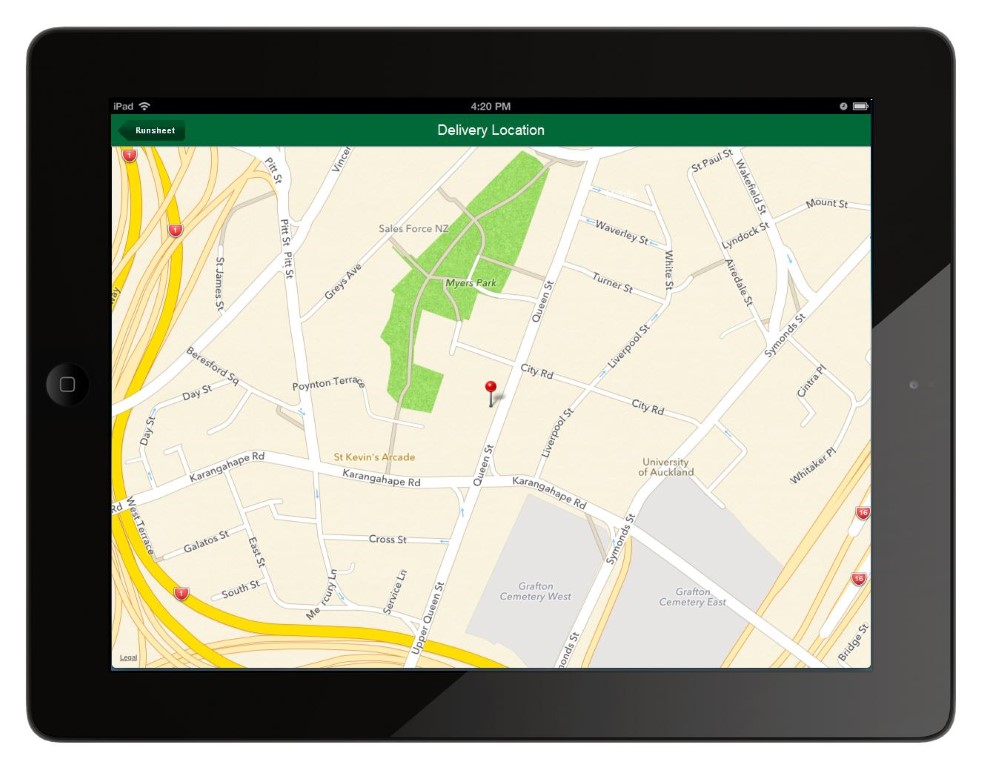So you've read all about the amazing things an app can do for your business and you're itching to get started. But before you dive headfirst into the design and prototyping, let's hit pause and consider the other side of the coin. Building an app isn't always the golden ticket to success—sometimes, it can be more of a fool's errand.
In this article, we're exploring the less advisable reasons that might tempt you into the app game. From following trends without thinking to overestimating your future fame and fortune, we'll talk about the pitfalls that could turn your dream project into a nightmare.
Following Trends Blindly: Jumping on the mobile app bandwagon just because it's the "in thing" can lead to squandered resources. Not every business model or service translates well to an app, and it's crucial to examine whether an app genuinely aligns with your goals.
Ego Boost: Developing an app to gain social or industry prestige rather than to meet a specific need can be counterproductive. Building and maintaining an app is a long-term commitment that should not be taken lightly.
Overestimating Monetisation: The belief that an app will instantly generate a significant revenue stream can be misplaced. Monetisation strategies often require a high level of user engagement, which isn't guaranteed just by launching an app.
Complicating Simple Processes: Turning straightforward tasks or services into an app can overcomplicate matters. For instance, if a well-designed website could offer the same service efficiently, then an app might be unnecessary.
Underestimating Existing Solutions: Launching an app without a clear differentiator from existing solutions can result in wasted resources. Market research should precede any development to ascertain what unique value your app can offer.
Marketing Gimmick: Using an app solely as a marketing tool for a short-term campaign usually doesn't justify the investment involved in development and maintenance. Users are likely to uninstall the app once the campaign is over, leading to low long-term value.
Internal Politics: In large organisations, departmental agendas can sometimes push for app development even when it doesn't serve the greater business strategy. This siloed approach can create fragmented customer experiences and be a drain on resources.
Overemphasis on Tech: The belief that having an app makes a business modern or tech-savvy can lead to ill-advised decisions. The use of technology should always serve a purpose and fit within the larger business strategy.
Expecting Viral Success: Banking on an app going viral without a solid marketing or user engagement strategy is often misguided. Virality is hard to predict and even harder to manufacture.
Overloading Features: The desire to make an app a "Swiss Army Knife" of features can confuse users and dilute the app's core value proposition. Feature creep can also make the app more challenging to maintain and update.
Assuming Field of Dreams: The belief that "if you build it, they will come" does not hold true in the saturated app market. Without proper marketing and user acquisition strategies, even the best apps can go unnoticed.
There are of course perfectly legimitate and sensible reasons to build an app, too - and we’ve covered these in our previous article - the 16 Good Reasons to Build an App. (Hint: it generally comes down to whether the motivation behind the project is in line with your long-term goals or not.)
















